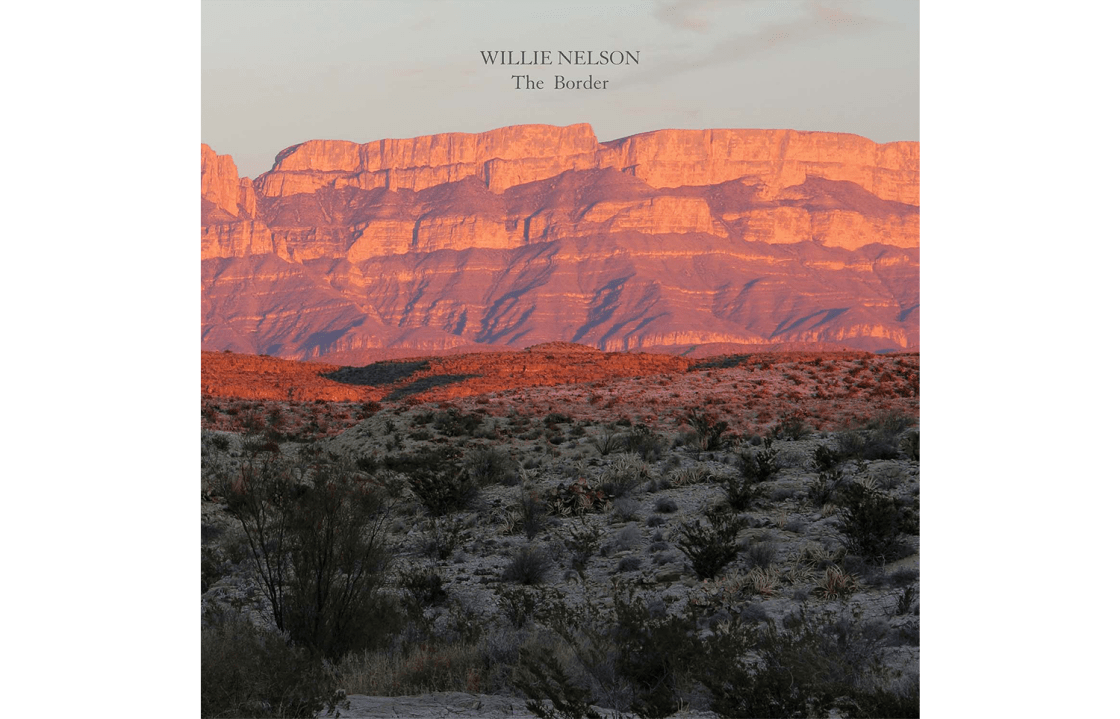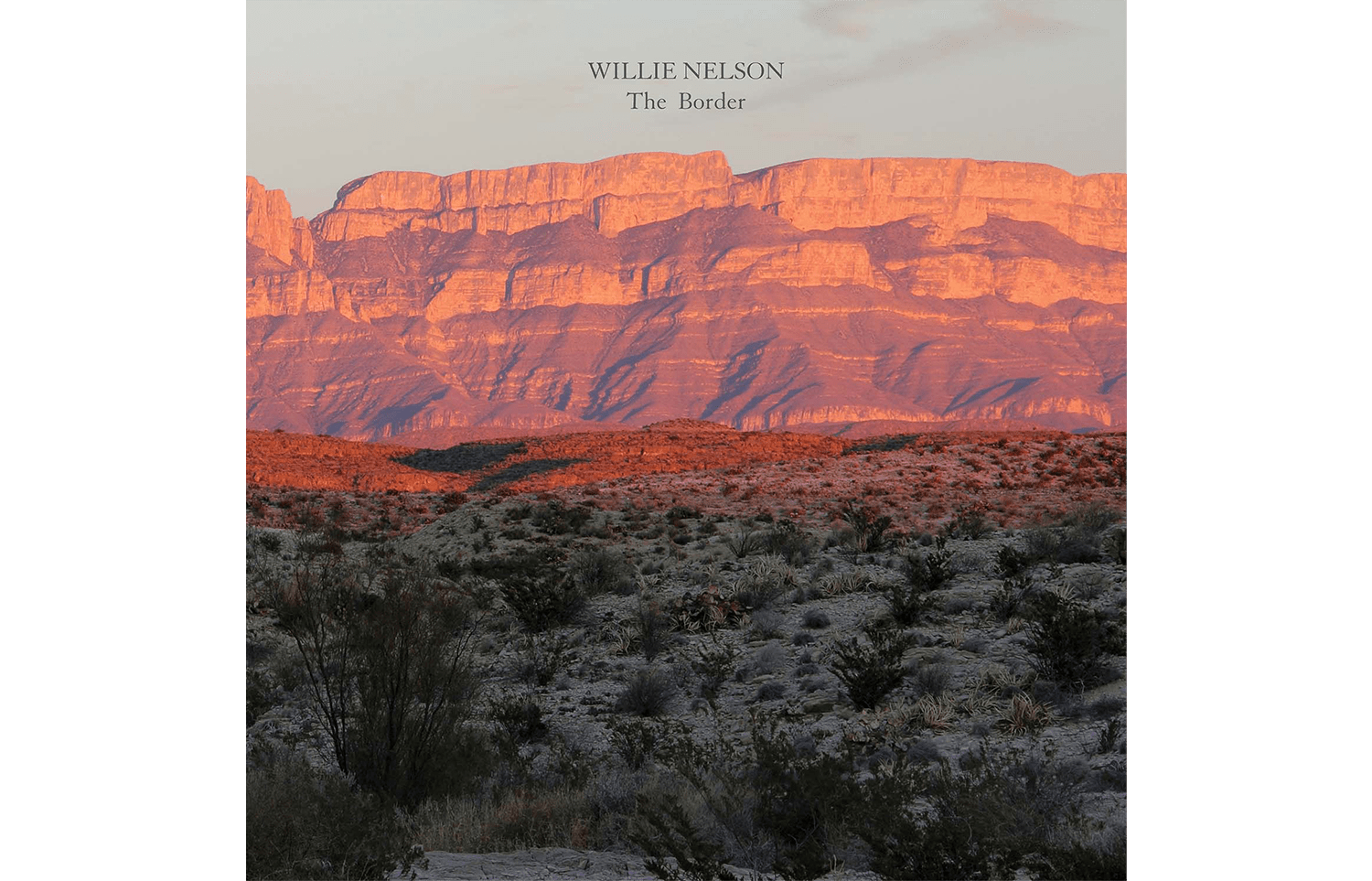Many years ago, I wrote a book about Willie Nelson. At its conclusion, I reached for an elegiac, valedictory tone. In 2006, when The Outlaw was published, Nelson was already 73, and it seemed plausible to suggest that one of the great American lives might be winding down. I pictured Nelson rolling off the road and into the sunset, his work on Earth more or less complete.
Nelson embodies both sides of an increasingly divided nation; hippie and redneck, patriot and agitator
Well, scratch that ending. Having recently turned 91, Nelson is still going strong. The touring has slowed down a tad – we haven’t seen him in Britain for years, partly due to the effects of long-distance travel on an ageing body, but also because feeding his prodigious weed intake becomes a trickier proposition overseas – but the albums are still coming.
The latest is The Border, his tenth in the past seven years. As he sings on ‘How Much Does it Cost’, ‘I’m a songwriter, and always will be’. He’s more than that, though. Nelson is a living link to a vanished America. Hailing from hardscrabble rural Texas, he was born into the Great Depression. A near contemporary of Hank Williams, he is the same age as the FBI. He started writing songs when Truman was President. His timeless standard, ‘Crazy’, was a hit for Patsy Cline in 1961. Elvis Presley covered ‘Funny How Time Slips Away’ in 1970. He runs through American music like a river.
He also embodies both sides of an increasingly divided nation. Nelson is both hippie and redneck, patriot and agitator. He wrestled with the Nashville establishment before swapping hard liquor for marijuana and relocating to Austin, Texas, at which point he became the spaced-out poster boy for the outlaw country movement.









Comments
Join the debate for just £1 a month
Be part of the conversation with other Spectator readers by getting your first three months for £3.
UNLOCK ACCESS Just £1 a monthAlready a subscriber? Log in